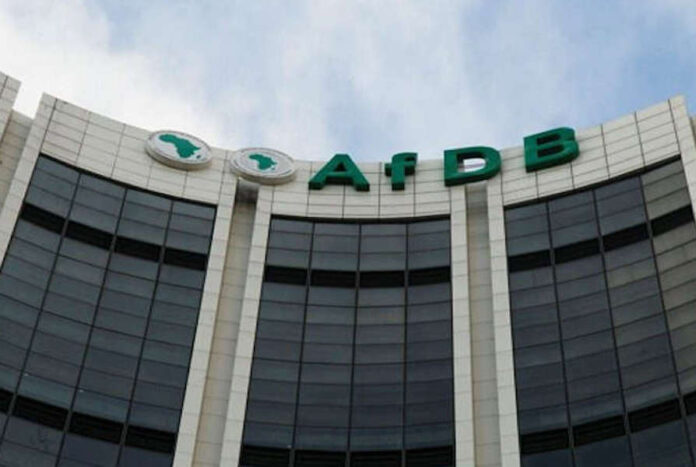•Advises country to tap global green financing opportunities
Chigozie Amadi
The Chief Economist and Vice President for Economic Governance & Knowledge Management at the African Development Bank (AfDB) Prof. Kevin Chika Urama, has reaffirmed Nigeria’s debt was sustainable.
He said this in response to THISDAY’s enquiry, during a virtual pre-annual meetings press conference yesterday.
He also praised the federal government’s efforts in revenue generation while calling for further action.
However, he emphasised the importance of addressing the debt-to-revenue ratio to ensure fiscal stability and forward momentum.
Furthermore, he noted the need for Nigeria to tap into global green financing opportunities, saying access to green financing in Africa remains relatively low, with only a fraction of available global green bonds being accessed by African countries.
He pointed out that Nigeria and other nations with stronger infrastructure and human capacity have a better chance of accessing climate financing instruments.
Urama said: “Nigeria’s the debt-to-GDP ratio is still sustainable. But the issue with Nigeria is with regards to debt-to-revenue ratio, and that is why the government of the country is driving and doing quite a lot to improve revenue mobilisation in the country and by increasing the revenue mobilisation then they will be able to rebalance that ratio and be able to move forward.
“Now one point I need to make clearly is that debt is not a bad thing. Debt for growth is always a means of driving transformative growth in countries. And the issue is not about debt, but about the quality of the debt in terms of what terms you borrow, and how transparent they are.
“And then what do you use that borrowings, the resources borrowed to do? If it is invested in growth-enhancing infrastructure and productive infrastructure, you are going to be able to generate revenue to be able to repay the loans but still also grow your economy. And that is how most countries grow.”
He noted that the upcoming annual meetings of the AfDB would focus on how Nigeria and other African countries could tap into the green financing globally.
He charged Nigeria and other development African countries to take the lead.
Urama said: “Now on the issue of green bonds, I can tell you, in general, that access to green financing and green bonds in Africa has been low compared to the other regions. It is below 2 per cent of the global green bonds that are available and has been accessed by Africa
“And one fact that is there is that countries that are at higher growth trajectories countries like South Africa, Nigeria, Kenya, and many other countries, Egypt, Morocco, and the rest of that are better developed in terms of infrastructure and human capacity in the ministries have greater chances of accessing those climate financing instruments than others.
“But how we access climate finance in Africa and how we relate with the global financial architecture in Africa is at the centre of these knowledge events that we’re going to be having.”
Furthermore, speaking on the upcoming meetings, he added: “We are going to be having those knowledge events, be part of the discussion be part of the debate, and also the dissemination of the knowledge that will come out because the current structure as it is laid out, does not allow many African countries to access them and scale to be able to address the climate challenges that we have but also address structural transformation on the continent.”



















